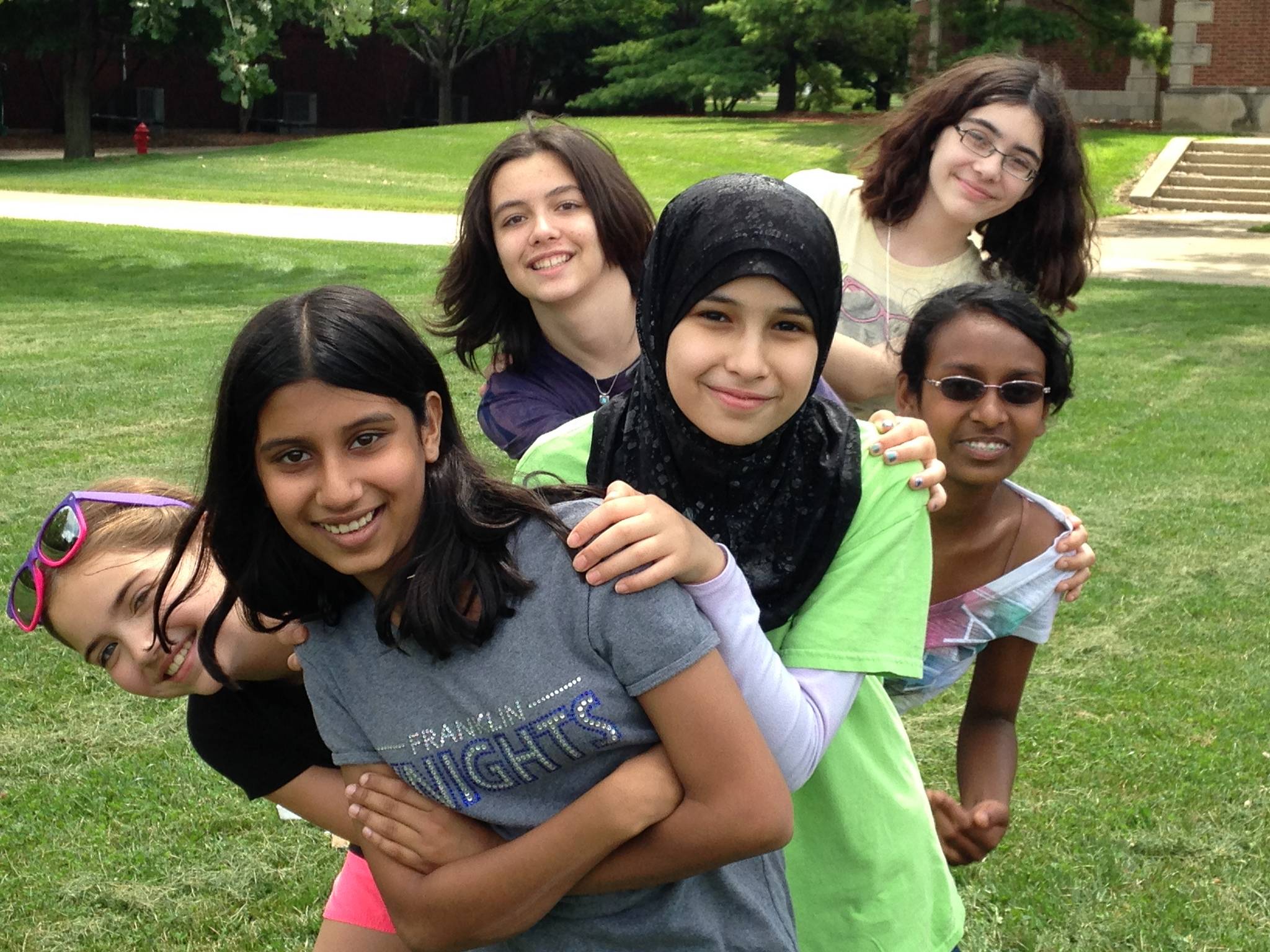At GEMS, organizers want to take the context of coding out of the classroom and into video games, dance and fashion design for girls in local middle schools.
“One principle that we always try to emphasize is that you can use code and software as a form of personal self-expression and that you can be creative with it,” Cinda Heeren said of the program.
Heeren, lecturer at the University of Illinois Computer Science Department, calls herself “the mom” of Girls Engaged in Math and Science (GEMS), an annual camp which will be offered by the department for the third time this summer.
GEMS invites girls entering and exiting the seventh grade to apply to attend week-long workshops which teach students about unconventional applications for computer science, for free.
Accepted applicants will attend Wearable Computing, Game Design as well as Computing and the Arts sessions at the Siebel Center for Computer Science throughout June and July. Workshops will be offered twice with guidance from the National Center for Women and Information Technology.
Organizers expect as many as 30 girls to attend each workshop this year — a suitable follow-up to Splash, a one-day event packed with computer science classes taught by students at the university, which was attended by nearly 50 percent females in April — a pleasant surprise in the male-dominated world of computer science.
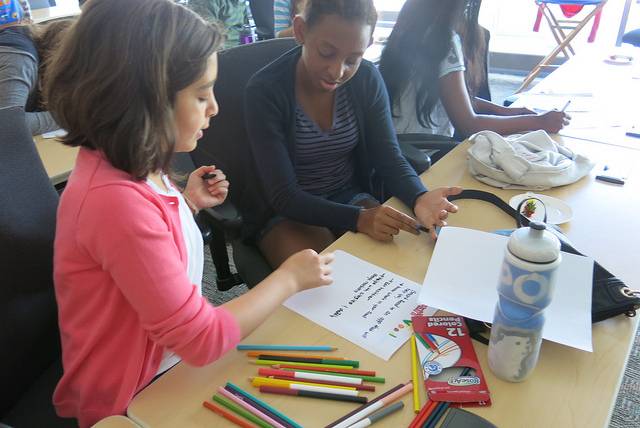
“I’ve been doing this for 10 years, and, from what I can think of, I’ve never been to any kind of college event that is for computer scientists where the gender balance is the same,” Heeren said.
Origins of GEMS trace back to 1994, when the education office at the National Center for Supercomputing Applications conceived the idea to serve the community via grants received.
When the founder of the program retired nearly three years ago, the computer science department took GEMS under its wing, a project which Heeren now oversees.
“The CS department saw this as an opportunity to take a program that the community saw as long-standing… and give it a new home and a new focus,” Heeren said.
At the core of the revamped GEMS today is computer science. Previously, the sessions concentrated on math and science more generally. Also laying critical groundwork for this year’s program is a team of undergraduates in computer science at U of I.
For the second time, GEMS will host Wearable Computing courses, where girls will learn about wiring electronics, design their own sow-able electronics — such as skirts embellished with LED lights — and create colorful fabric swatches using JavaScript and Kahn Academy.
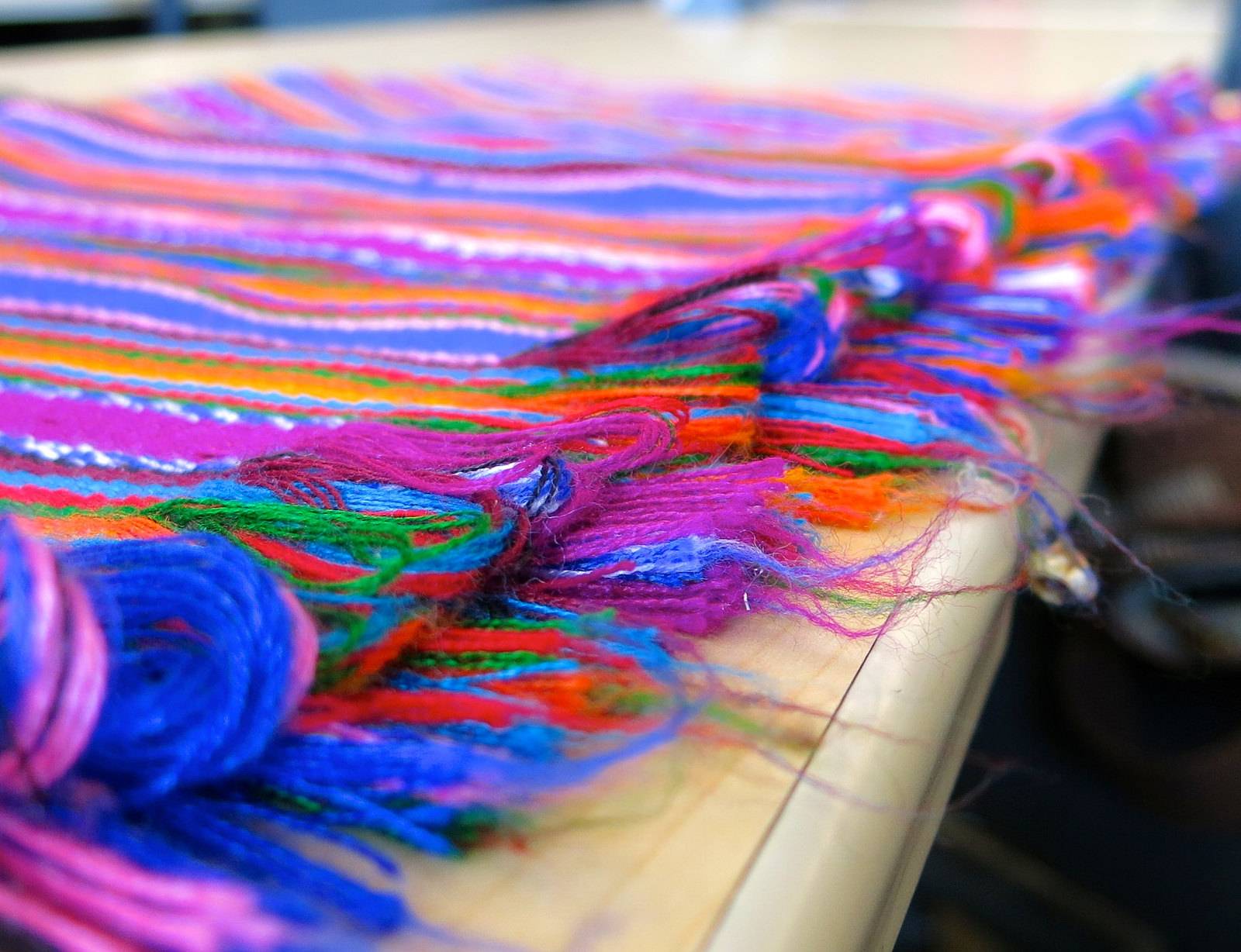
Heeren said she hopes that by the end of the GEMS camps, girls can view computer science as a field where they can do more than “make machines work” and increasingly as a vehicle to make artifacts that are interesting to them. To excite students about wearable electronics and design ideas, Heeren orients the class by demonstrating wearable technology projects featured on adafruit, a tech news and do-it-yourself blog.
Workshops which the GEMS undergraduate team will have to develop further are Game Design as well as Computing and the Arts. Both sessions will make their debut in July.
Game Design sessions will be planned in part by undergraduates — one enrolled in an educational game design class and a veteran game player — using App Inventor, a block-based application developer.
Computing and the Arts will be established with help from sophomore in computer science, singer and theater enthusiast on the team Mylene Haus, who also performed in the university’s production of Legally Blonde earlier this spring.
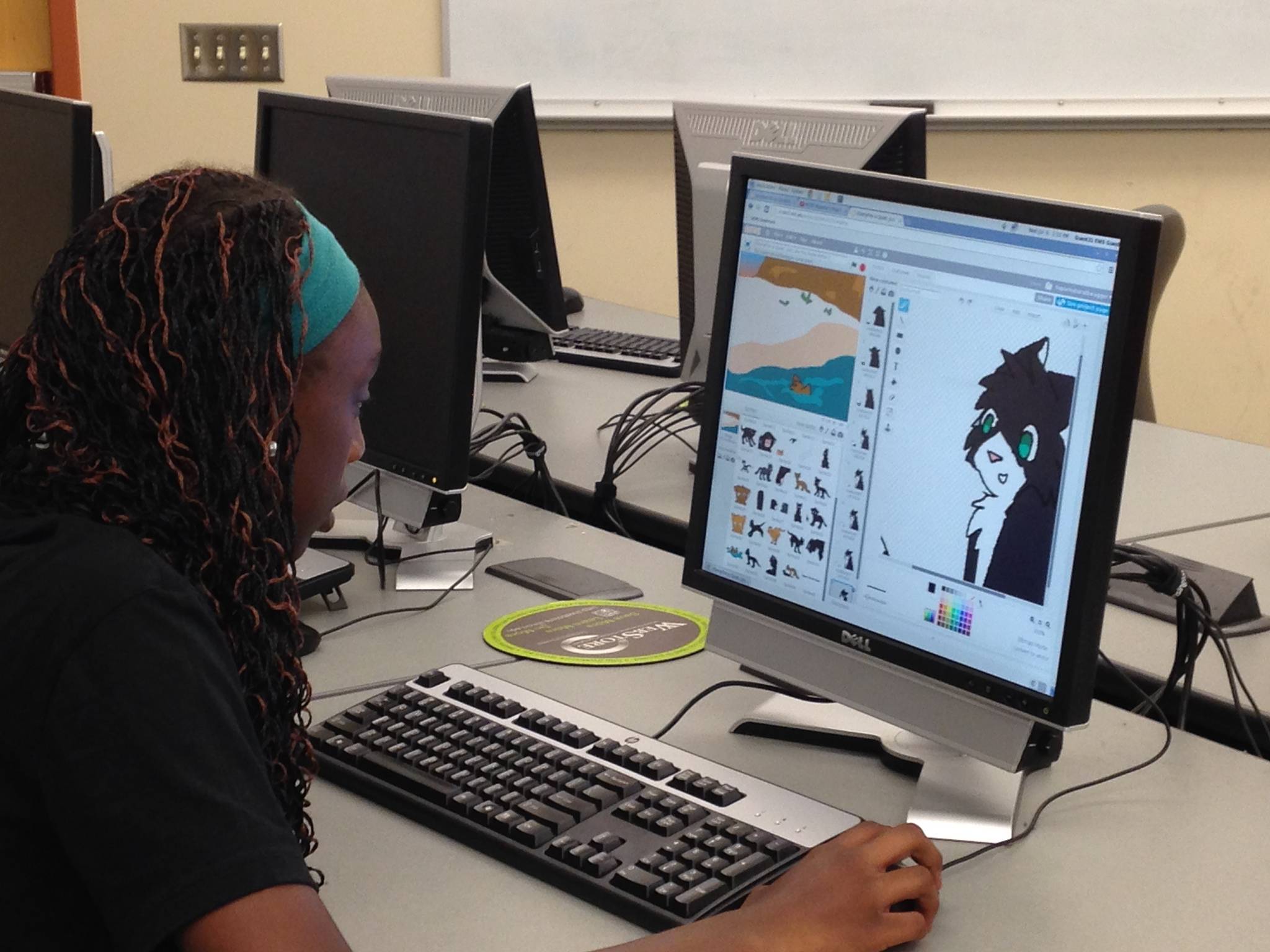
Here, Haus and Heeren plan to have a day dedicated to computerized art design, one for literature in computation which will use words as data, then another to music and dance.
“We are really hoping that with the variety of fun activities, and the fact that you can choose from three different types of camps, that we can inspire them to form ideas on what they can create and do with the skills that they will learn at the camp and … hopefully see them in the future,” Haus said.
Young women like Haus who are planning the sessions will bring different perspectives and disciplines to the way students learn to apply coding to their interests and hobbies.
Lily Sellers, a junior in computer science and statistics who has been teaching in the field since her freshman year of college expects to apply her studies in psychology to help girls in middle school learn about coding and game design in ways that matter to them.
“I think that having a major in psychology really helps me… cater to specific kids’ needs,” Sellers said. “A lot of what teaching is – I think – understanding the kid. If you just throw knowledge and logic at people, they really are not going to absorb it, they are not going to be interested and they are not going to be passionate. You have to excite kids and you have to make them see the value in things.”
Heeren said she believes that learning is a two-way street between seventh graders and college undergraduates at GEMS.
“We actually think that the staff of people who we hired to help us run it benefit from the camp just as much as the girls do,” Heeren said. “[The camp] really gives them a community of people that are doing the same thing. It’s just as good for them as, probably, for the campers who come.”
This is a belief which, Aashna Makkar, freshman in computer science, will agree with.
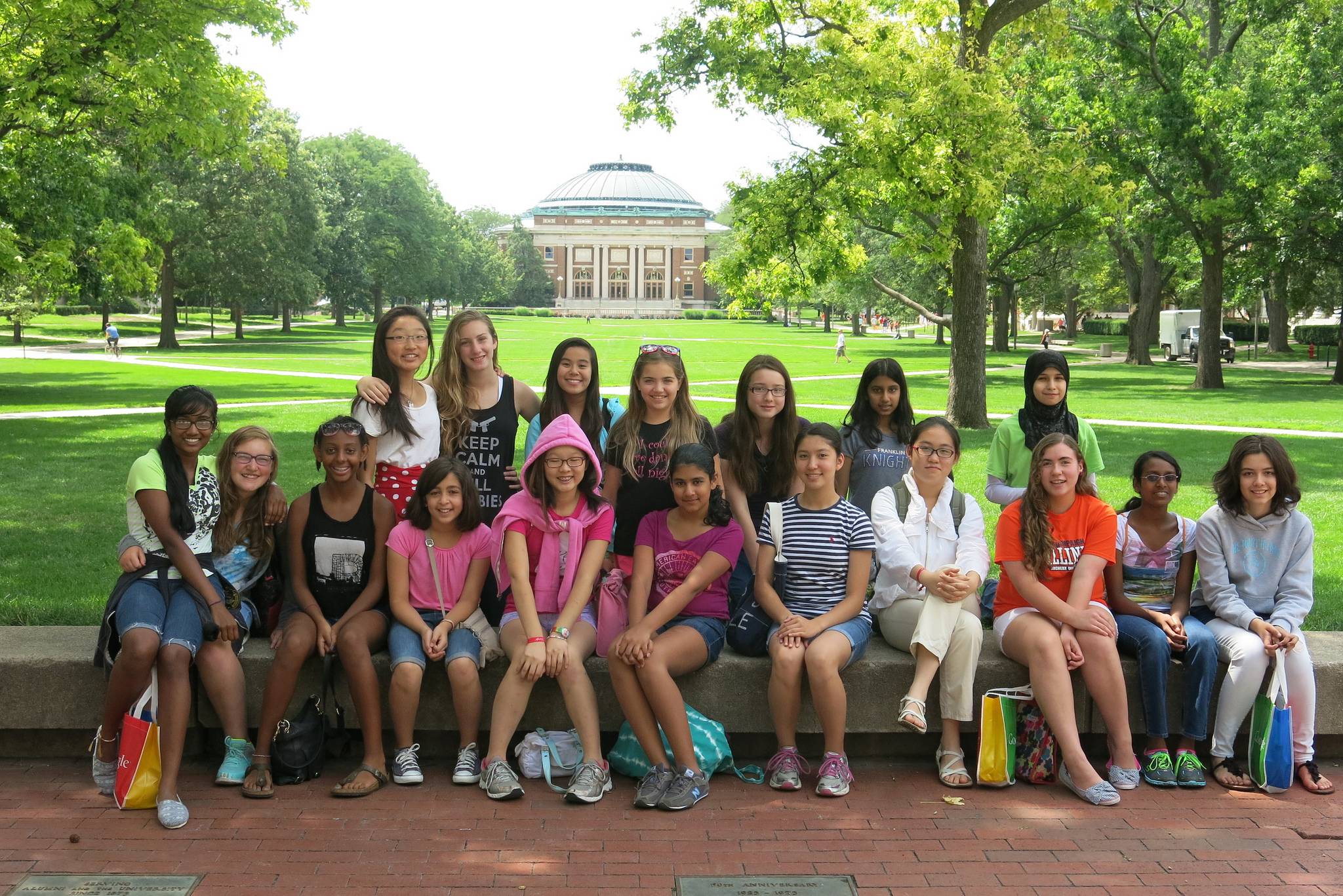
“I’m just going to learn so much myself; I get to teach middle school girls,” Makkar said. “Outreach is something that I feel very strongly about.”
Heeren said that by the end of the camp, she hopes that attendees feel as strongly about computer science as the team behind GEMS does.
“Very few seventh graders don’t have devices of some kind in the world, so they are within arm’s reach of computation all the time,” Heeren said. “What we want to do is to get them to view computation as something that they can control and use to fulfill their own ideas.”
If you or someone you know is interested in applying for GEMS, the registration for camps are due due on May 1st.
Photos courtesy of GEMs and University of Illinois Computer Science Department.








